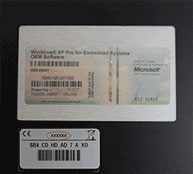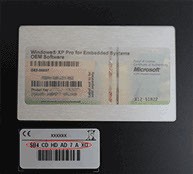The introduction of industrial PCs around 30 years ago was a plus to the manufacturing sector since data acquisition and process control has become very easy. Their use in manufacturing industries has also streamlined processes, improved working conditions, and heightened productivity and sales. In steel manufacturing and food preparation, for example, these industrial PCs handle tasks related to motion control, equipment handling, cell control, automation of factory processes, and data collection.
How the Conditions in these Industries Could Affect Electrical Components
Manufacturing environments are particularly harsh for the electrical components in regular PCs. Such environments are characterised by heavy vibrations, excess heat, moisture, dirt, dust, and others. The integrated circuitries in traditional PCs could short circuit easily or fuse together. Parts such as CPUs do not fare well, especially in hot environments, meaning the machines are at risk if no protective measures are taken.
How Industrial Computers Fit in these Environments
Over time, industrial computer manufacturers have devised ways to circumvent the harmful effects of manufacturing environments. Some of the top features of modern industrial PCs include full enclosures for touchscreens, special filters to prevent dust particles from getting in, elaborate heat sinks for processors, and mounting of disk drives on shock absorbing cushioning. The screens are also scratch-resistant, in addition to the fact that they are readable even in direct sunlight. Others include shielding, grounding, and NEMA/IP protection. Manufacturers also ensure that keyboards are fully sealed to prevent dust and fluids from entering.
Features of Industrial Computers that Protect Electrical Components
The chief protection mechanism that must be present for these purposes is the use of stabilised voltages to the power supply units. This strategy protects the electrical components from damage that may originate from fluctuating or unreliable power sources. The critical components in the computers’ circuit boards are also securely connected to prevent damage from shocks and vibrations.
Sources:
Benefits of Using Industrial Computers Over Standard PC’s in the Industrial Environment, BookSurfers.co.uk


